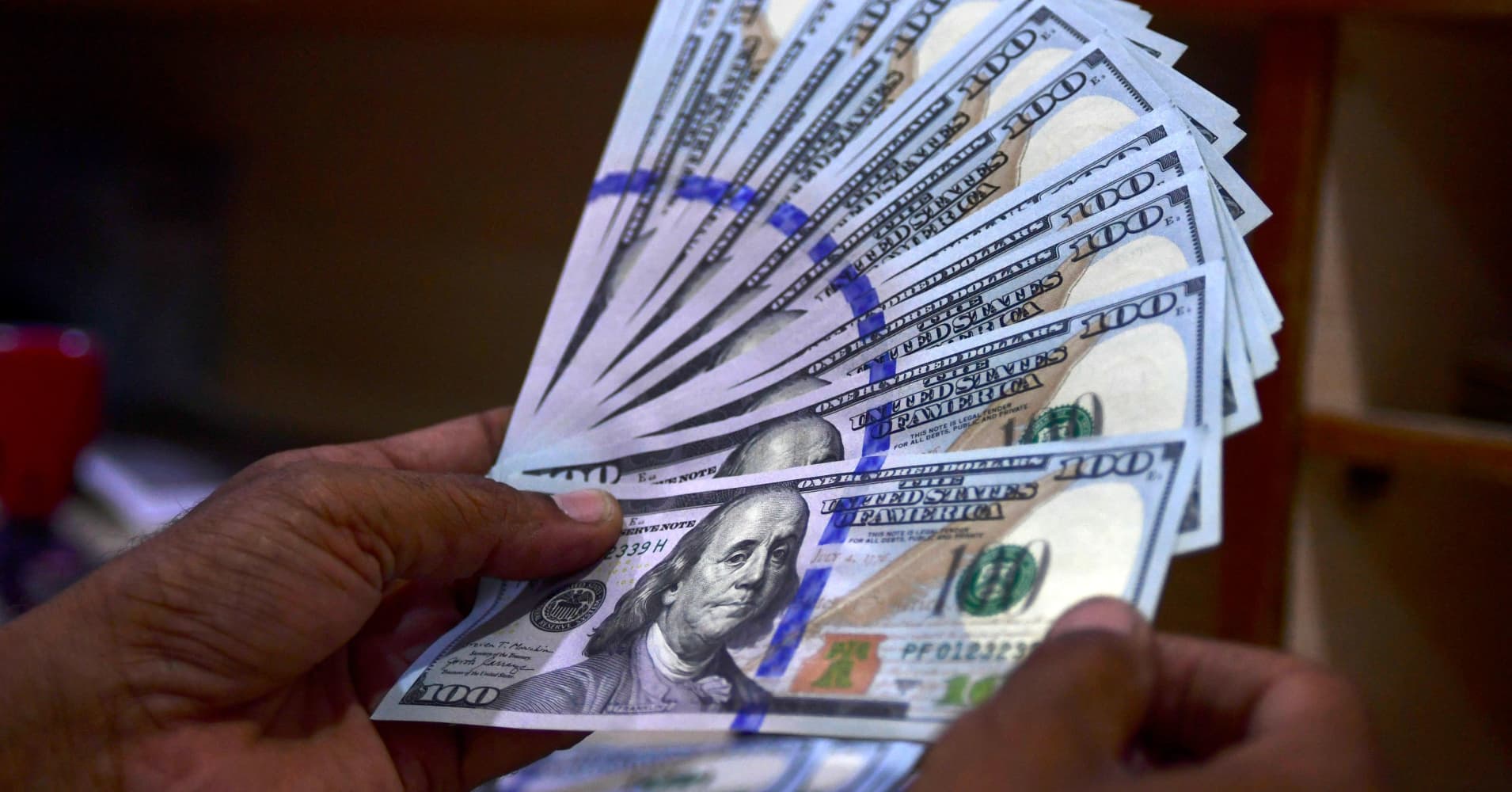
In recent years, Russia and Ethiopia have taken significant strides in their efforts to reduce reliance on the US dollar, aligning with a broader global trend known as de-dollarization. This strategic shift reflects a conscious decision by both nations to diversify their financial transactions and bolster their economic independence. As they explore alternative currencies and forge new trade agreements, the implications for their economies and the broader international trade landscape are profound.
The motivations behind this movement are multifaceted. For Russia, the push away from the dollar can be attributed to increasing geopolitical tensions and sanctions imposed by Western nations. By diminishing the dollar’s dominance in its economy, Russia aims to shield itself from external financial pressures and cultivate a more resilient economic framework. In Ethiopia’s case, the initiative serves not only as a means to enhance financial sovereignty but also to foster trade partnerships that can drive economic growth within the region.
Both countries are exploring various avenues to facilitate their dedollarization goals. They have begun to engage in bilateral trade agreements that utilize alternative currencies, such as the Russian ruble and the Ethiopian birr. This shift could lead to a reduction in transaction costs and greater efficiency in trade operations, benefitting local businesses and economies in both countries.
The de-dollarization trend is not limited to just Russia and Ethiopia. It is part of a wider movement observed among several nations that are increasingly skeptical of US monetary policy and the influence it exerts on global finances. Countries like China, Russia, and others in Latin America and Asia are seeking to establish a multipolar currency system that could reduce their exposure to the US dollar. This developing landscape raises questions about the future roles of various currencies in international trade and finance.
The implications of these shifts are significant not only for Russia and Ethiopia but also for other countries contemplating similar paths. As more nations consider reducing their dependence on the dollar, we are likely to witness a reshaping of the global economic order. This could lead to greater currency diversification in trade, the rise of alternative payment systems, and potentially innovative financial technologies aimed at enhancing transactional efficiency.
Moreover, as countries pursue dedollarization, it may encourage increased cooperation among emerging markets, fostering stronger ties that transcend traditional alliances. This relational dynamic may enhance collective bargaining power on the global stage and facilitate more equitable economic interactions.
In conclusion, the moves by Russia and Ethiopia to step away from the US dollar are emblematic of a significant shift in the global economic paradigm. Their integration of alternative currencies into bilateral trade signifies a strategic intent to foster economic resilience and independence. As countries worldwide evaluate their reliance on the dollar, the emergence of a multipolar currency environment appears more plausible than ever. The evolving nature of international trade dynamics emphasizes the necessity for nations to adapt to changing economic realities and the potential for enhanced economic cooperation that could benefit many emerging economies.
Spource – bitcoin.com
.
.
.
#RUSSIA #ETHIOPIA #Steps #Dollar #Dedollarization #Grows #Habesha #Latest #Ethiopian #News #Insightful #Analysis
Source link











